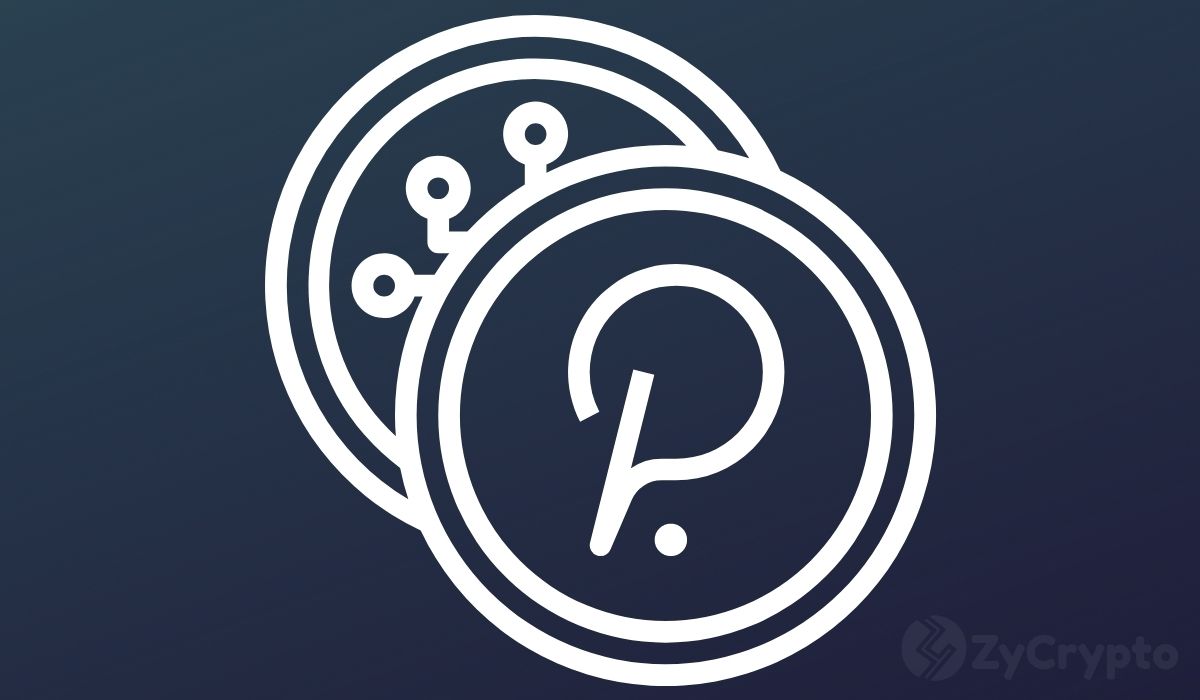Attackers have struck the markets again; this time, the Acala network is on the receiving end. A few hours ago, reports broke out that the Acala dollar aUSD is being messed with by hackers who Issued 1.2 billion aUSD to themselves through a bug in the Honzon protocol.
Does “over-collateralized” mean safe?
Market turmoil doesn’t look to be easing up anytime soon as another decentralized finance (DeFi) platform has been breached for a figure that’s over a billion.
Acala had this to say on Twitter a few hours after therefore, confirming the breach,
“We have noticed a configuration issue of the Honzon protocol which affects aUSD. We are passing an urgent vote to pause operations on Acala, while we investigate and mitigate the issue. We will report back as we return to normal network operation.”
Although not a hack, a few months back, recall another DeFi stablecoin, UST, had a similar issue where it plunged to almost zero. Since then, markets have failed to recover, and it’s been liquidation after liquidation.
 
 
The stablecoin was launched in February this year, and a multi-collateral backing mechanism was created. It can be minted using coins like DOT and LCDOT as collateral.
DeFi platforms have lost over $60 billion in 2022 alone
According to the REKT Database of cyber-attacks, DeFi protocols have lost $60,573,258,375 as of today. The entire system lost just $10 Billion in 2021. This figure comprises scams, hacks, and exploits. It has also only recovered a mere $2,376,456,126 from this.
One of the popular hacks is the Ronin Validator Security Breach, which is also listed as the most significant DeFi vulnerability on record. The hacker stole 173,600 ETH and 25.5 million USDC from Ronin Bridge in just two transactions.
Read More: zycrypto.com









 Bitcoin
Bitcoin  Ethereum
Ethereum  XRP
XRP  Tether
Tether  Solana
Solana  Dogecoin
Dogecoin  USDC
USDC  Cardano
Cardano  Lido Staked Ether
Lido Staked Ether  TRON
TRON  Avalanche
Avalanche  Sui
Sui  Wrapped stETH
Wrapped stETH  Chainlink
Chainlink  Toncoin
Toncoin  Shiba Inu
Shiba Inu  Stellar
Stellar  Wrapped Bitcoin
Wrapped Bitcoin  Hedera
Hedera  Polkadot
Polkadot  WETH
WETH  Bitcoin Cash
Bitcoin Cash  Uniswap
Uniswap  Pepe
Pepe  Litecoin
Litecoin  Hyperliquid
Hyperliquid  LEO Token
LEO Token  Wrapped eETH
Wrapped eETH  NEAR Protocol
NEAR Protocol  Ethena USDe
Ethena USDe  USDS
USDS  Internet Computer
Internet Computer  Aptos
Aptos  Aave
Aave  Render
Render  Mantle
Mantle  Bittensor
Bittensor  Cronos
Cronos  POL (ex-MATIC)
POL (ex-MATIC)  Ethereum Classic
Ethereum Classic  Artificial Superintelligence Alliance
Artificial Superintelligence Alliance  Virtuals Protocol
Virtuals Protocol  WhiteBIT Coin
WhiteBIT Coin  Arbitrum
Arbitrum  MANTRA
MANTRA  Monero
Monero  Tokenize Xchange
Tokenize Xchange